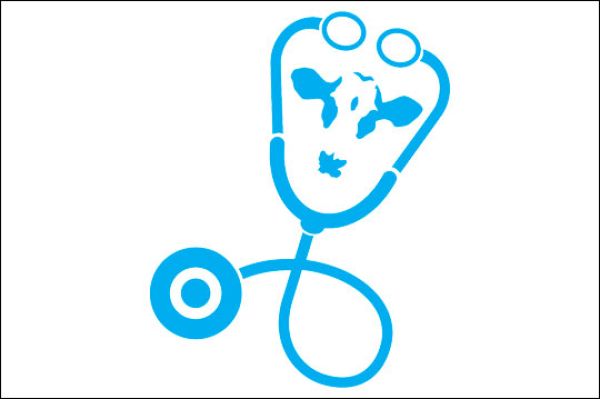What Does the Vet Say? - February 2025

BC: The long-awaited National Veterinary Prescription System (NVPS) has finally been launched. What is your general view on the final product?
DL: The NVPS has been much talked about since 2019 and in theory it can be a positive development for the veterinary service that our farmers require. It should mean that a farmer can access all their prescriptions for all medicines in one place. However, we have to be realistic in that no new system of this magnitude is going to fall seamlessly into place.
BC: Can you provide an outline of how it works now on the farm?
DL: Essentially, there will be limited change for the farmer when the vet goes out to a sick animal. But the prescription will now have to be uploaded by the vet to the national database. There will, however, be further changes in relation to worming products in June when a prescription will have to be completed before supply.
BC: Initially, when this system was mooted, vets expressed a number of concerns about it and its on-farm practicality – have these concerns been adDressed?
DL: There is no doubt that the new system will have significant challenges for vets in getting prescriptions uploaded in a timely fashion, and there will have to be an understanding on all sides that any initiative such as this will need a significant bedding in period. Certainly, some of the practical challenges have been addressed but there are many more that still have not been identified.
BC: Why is the NVPS important from an animal health and, indeed, a food-producing perspective?
DL: Ireland as a country prides itself in producing the very best food from animal origin in an environmentally, socially and economically sustainable manner. As farmers we can pride ourselves on the way we use these important resources and this will allow us to prove that not only are we all doing a good job, but we are leading by example to strive for continued improvement. Over the last 20 years, we have collectively improved production through disease management and prevention while advancing the overall production model.
BC: Is there an additional cost to the farmer as a result of this NVPS system?
DL: Regrettably, with any new system there is a cost, and the details of how this new system will affect the cost of doing business as a vet, a merchant or a farmer are still very unclear. There will be additional IT and manpower costs on all sides.
BC: Can you explain the accessibility of the NVPS for vet and farmer?
DL: The system will be available as an app, but everyone seems to acknowledge that for the NVPS to work practically the vet will have to use a computer system called a practice management system (PMS), and this is where some of the additional cost arises.
One would assume that the system will be available to farmers as a one-stop shop to acquire all their medicine supply records.
The PMS system will be where the vet creates the prescription and this system will then interact with the department’s NVPS to upload the required details. The cost to the vet here is threefold involving vet time to create the prescription in the appropriate format, administration time to support this, and the cost of providing and supporting the aforementioned PMS.
BC: If a farmer does not have a smart phone/if there is no signal in an area, how does it then work?
DL: The details of this are still a little unclear, if a vet treats an animal or provides a medicine they can issue a paper prescription from their system and the NVPS prescription will sit in the background, however if the prescription is issued to be filled elsewhere then I would assume that the prescription number required can be issued on paper rather than by text message or more likely by both. The issue with signal would be more of an issue for the vet uploading the prescription so this means that there has to be an allowable gap between prescribing and uploading.
BC: a number of vets flagged concerns about sharing farmers’ data with the data protection committee. Is this a concern you have/had?
DL: Of course, as vets we are always conscious of the importance of confidentiality and security of farmer data. The DAFM will have to be responsible for the security of this data and that the system complies with the law in relation to data security.
BC: To what extent will the DAFM be monitoring the database and enforcing restrictions on medicine provision?
DL: The department has always been responsible for the monitoring of medicine usage in animals. This includes from the level of manufacturer, distributor, prescriber, supplier and end user through to appropriate disposal. The NVPS will facilitate more remote monitoring of some of the links in this chain. Restrictions and control will be the remit of the department and in some cases the veterinary council.
BC: Overall, is the nvps a positive development?
DL: As farmers and vets we have always embraced new technologies and IT systems, they are not always seamless transitions and I still have many concerns about the working of the system. All that being said this should facilitate farmers having access to their medicine data in an easy-to-use and workable format.
BC: What concerns do you still have?
DL: The concerns are many as with any new system. They include the cost for vets and farmers, the details of the uploading of the data and technical glitches that will arise as we continue to use the system. It will be important that vets, farmers the department and all other stakeholders engage to resolve any of the issues that arise as we progress.




